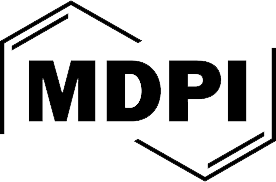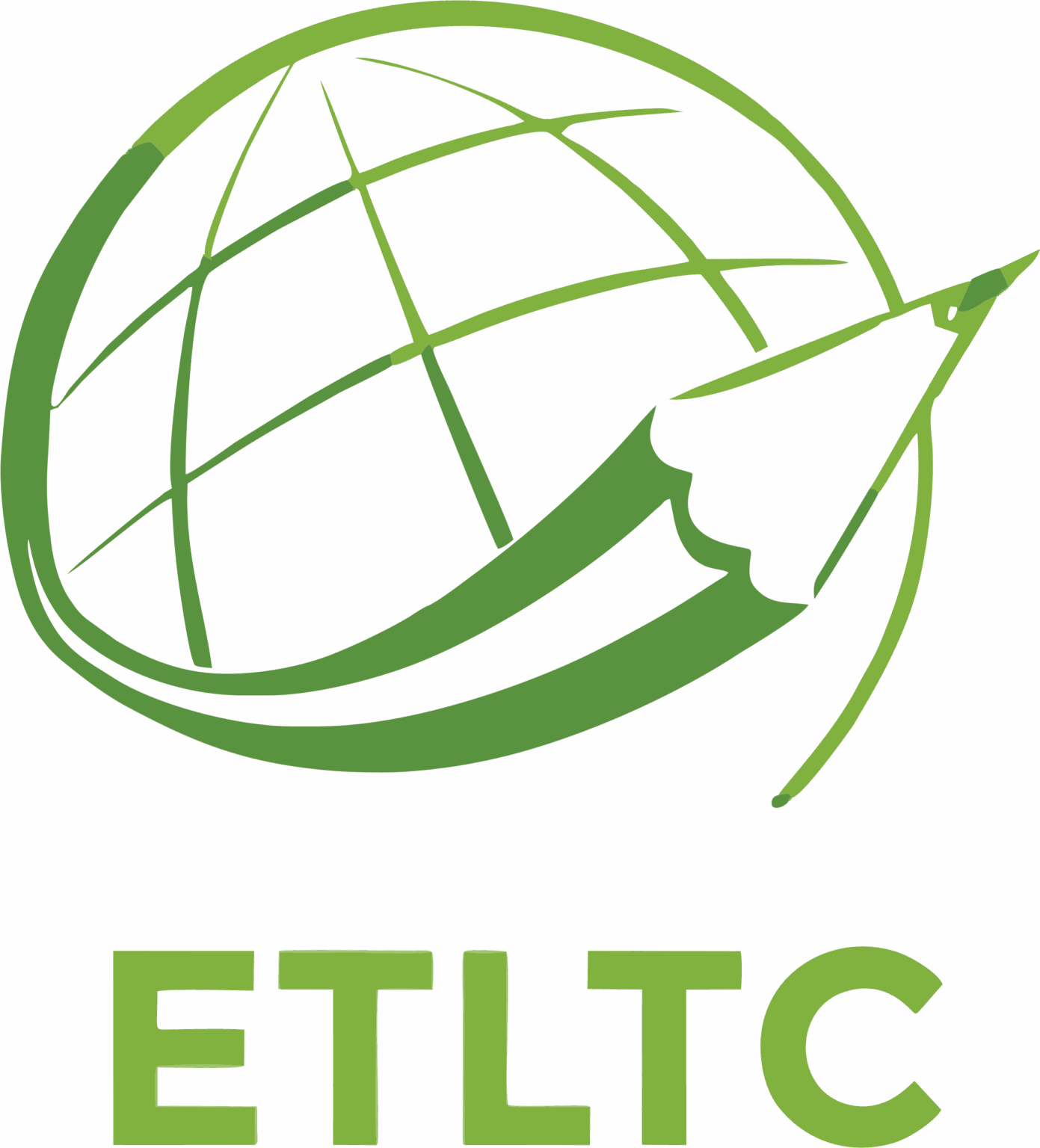Nutral Conference in Education and Social Sciences (NCESS)
Theme: "Education as a Driver of Social Equity and Economic Inclusion"


- Taylor’s University, Malaysia
- 21 - 22 May, 2026

Conference Description
We are pleased to invite you to the 1st Nutral Conference in Education and Social Sciences (NCESS 2026), scheduled to take place in the dynamic academic environment of Taylor’s University, Malaysia. As an inaugural global platform, NCESS 2026 is dedicated to uniting distinguished scholars, educators, policymakers, and development practitioners to exchange transformative knowledge and insights aimed at addressing the most pressing social and economic challenges of our time.
With the theme “Education as a Driver of Social Equity and Economic Inclusion,” NCESS 2026 provides an essential forum to explore the pivotal role of education in fostering justice and sustainability. The conference is deeply rooted in the framework of the United Nations Sustainable Development Goals (SDGs), specifically SDG 4 (Quality Education), SDG 8 (Decent Work and Economic Growth), and SDG 10 (Reduced Inequalities). It serves as a collaborative space to reimagine inclusive education systems capable of equipping learners with the essential skills to thrive in a rapidly evolving global landscape.
We warmly invite you to contribute actively by submitting your abstracts and full papers, presenting your research, and engaging in high-level intellectual dialogues. NCESS 2026 is designed to foster interdisciplinary collaborations, bringing together diverse perspectives from researchers at all career stages, ground-level practitioners, and policymakers to generate practical insights and impactful social innovations.
Together, let us envision and shape pathways where education serves as the cornerstone of equitable growth, building fairer, more empowered, and more sustainable communities across the globe.
We look forward to your valued presence and contributions in making the inaugural NCESS 2026 a truly meaningful and memorable success.
See you in Malaysia!
Suggested Scope / Topics of Interest
Topics of Interest include, but not limited to :

- Conditional cash transfer programs and school attendance
- Impact of free education policies on household poverty
- School feeding programs and learning outcomes in poor communities
- Intergenerational poverty and education attainment
- Educational aspirations in low-income households
- Self-efficacy and motivation in underserved learners
- Data disaggregation and education inequality analysis

- Educational equity across urban and rural divides
- Indigenous and minority language education
- Refugee and migrant access to quality education
- Digital divide and its impact on educational equity
- Mobile learning and low-cost EdTech solutions
- Public vs. private education: implications for equity
- Participatory education and local knowledge systems

- Vocational and technical education for youth employment
- The role of STEM education in reducing income inequality
- Linking school curricula with labor market needs
- Micro-credentialing and non-traditional learning pathways
- The impact of education on rural livelihoods
- Measuring social mobility through education
- Longitudinal studies on education and economic outcomes

- Gendered access to digital education tools
- Teacher attitudes and biases toward disadvantaged students
- Brain drain and educational access in source countries
- Multilingual education in globalized societies
- Comparative studies of immigrant education policy
- Hidden curriculum and reproduction of inequality
- Social capital and its role in education outcomes

- Decentralized education governance and local empowerment
- Role of parent and community involvement in learning outcomes
- Equity indicators in education systems
- Data privacy, surveillance, and ethics in EdTech for vulnerable learners

- Comparative education policy: What works where?
- Role of international aid and NGOs in equitable education
- Transnational education and economic mobility
- NGO-led educational models in underserved areas
- Open Educational Resources (OERs) and democratizing knowledge
Publication Opportunity
The ETLTC Conference Series maintains strategic collaborations with Engineering Proceedings (MDPI) and AIP Publishing, both indexed in Scopus, offering contributors the opportunity to publish their work through internationally recognized and reputable platforms.
Acknowledging the interdisciplinary nature of the research presented at this conference, the Organizing Committee is also formalizing publication collaborations with other distinguished outlets, including Scopus-indexed proceedings and nationally accredited journals (SINTA). These collaborations aim to ensure that each accepted manuscript is matched with the most relevant and high-quality publication avenue.
The collaborating journals and publication partners include, but are not limited to:
- International Journal of Recent Educational Research (IJORER) – a reputable international journal publishing contemporary studies in the field of education.
- Jurnal Pendidikan Indonesia – a nationally accredited (SINTA 1) journal publishing empirical and theoretical research across diverse areas of education.
- Indonesian Journal of Educational Research and Review – a peer-reviewed journal emphasizing educational innovation, research methodology, and practical implications for learning and teaching.
- Indonesian Values and Character Education Journal – focusing on research related to character formation, moral education, and value-based learning in diverse educational settings.
- Bisma: The Journal of Counseling – dedicated to advancing scholarship in counseling, guidance, and educational psychology.
- Journal of Education Technology – publishing studies on instructional design, digital learning, and technology-enhanced education.
Given that not all research fields can be accommodated by a single proceedings outlet, the Organizing Committee is currently in the process of finalizing contracts with additional publishers. This initiative aims to provide broader publication options for researchers. These supplementary options include reputable journals, such as the International Journal of Recent Educational Research (IJORER), which is Scopus-indexed (Q3 Quartile) and also indexed in DOAJ, Google Scholar, Garuda, and Sinta 2.
Comprehensive details regarding publication scopes, editorial policies, and the finalized list of collaborating publishers will be announced on the official conference website upon completion of the necessary contractual arrangements with respective partners.



























